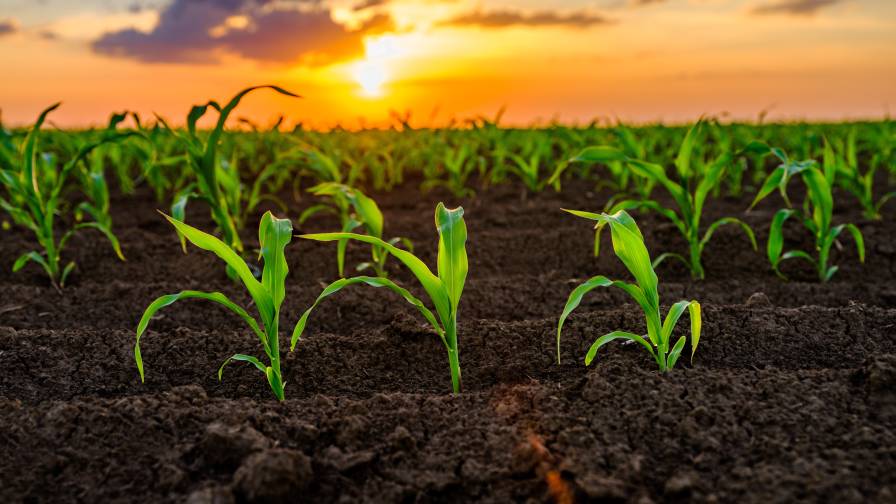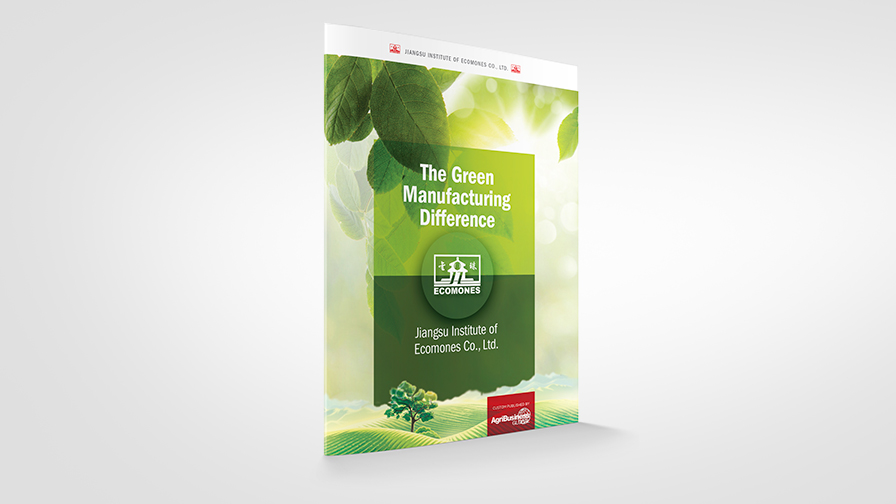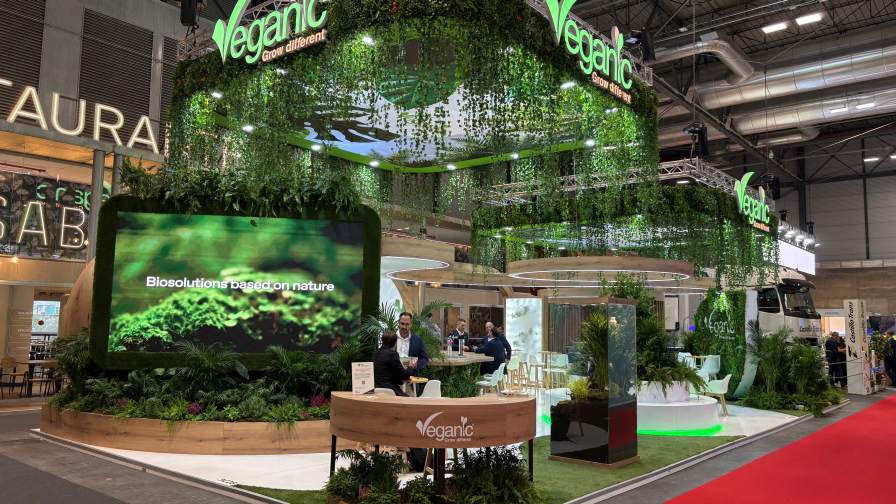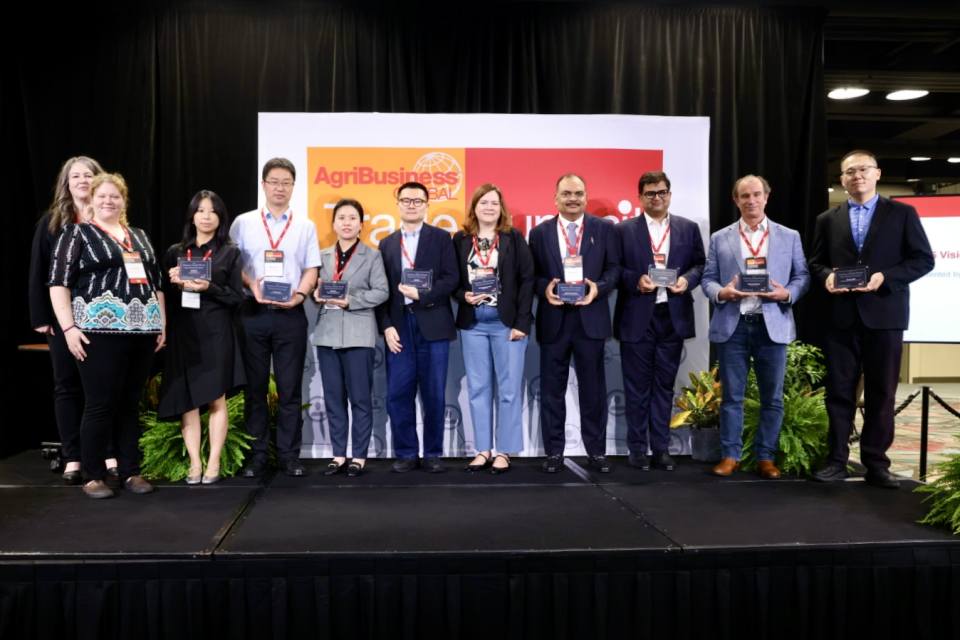Indonesia Shows Promise for Crop Protection
Area planted for soybean production, cocoa, sugarcane and oil palm are expected to rise significantly during the next five years, according to data presented by CropLife Indonesia Executive Director Deddy Djuniadi at the FCI Trade Summit in Malaysia last week.
Indonesia is the second biggest producer of cocoa after the Ivory Coast, and demand for cocoa is prompting farmers to plant about 50% more in 2012, compared to 2010. Cocoa farmers require significant inputs to generate a yield per hectare on par with West African countries. Almost 15% of cost per hectare – most of which is land and fertilizer – is spent on pesticides.
The rise in intensification among producers, 90% of which are small shareholders, has generated a 40% rise in productivity in recent years, and the profits realized from the higher yields are encouraging more small shareholders to opt of the crop or rent additional lands.
The largest pests to the crop are the cocoa pod borer and vascular streak dieback, which combined have decimated up to 70,000 hectares in the past and cut yields in half in other areas, reinforcing the need to transfer knowledge and crop protection technology to a fragmented but potentially lucrative group for the crop protection industry.
Additionally, oil palm production is expected to rise 25% by 2013 compared to last year, driven by favorable palm oil prices and increased global demand for cooking oils. Large palm oil plantations typically purchase inputs through cooperatives or directly from distribution networks, and about 25% of of the industry consists of small shareholder farmers. Productivity is slightly below the potential 8 tons of crude palm oil per hectare, reached by many plantations in neighboring Malaysia. With about 15% of plantations owned by the government, active campaigns and built-in demand to intensify crops could greatly bolster the adoption of crop inputs.
Sugarcane and soybeans are on the rise in the country as well. Its rubber plantations, corn growers and specialty farmers – including those growing chili, potatoes and shallots – are still key crops for the country. And of course, rice and corn remain crucial crops for farmers and for the food security of the country.
Editor’s note: CropLife Indonesia Executive Director Deddy Djuniadi gave a comprehensive overview of the Indonesian agriculture industry at the FCI Trade Summit in Malaysia Dec. 6. Trade Summit delegates will be able to access the full presentation on our website using their unique username and password.






